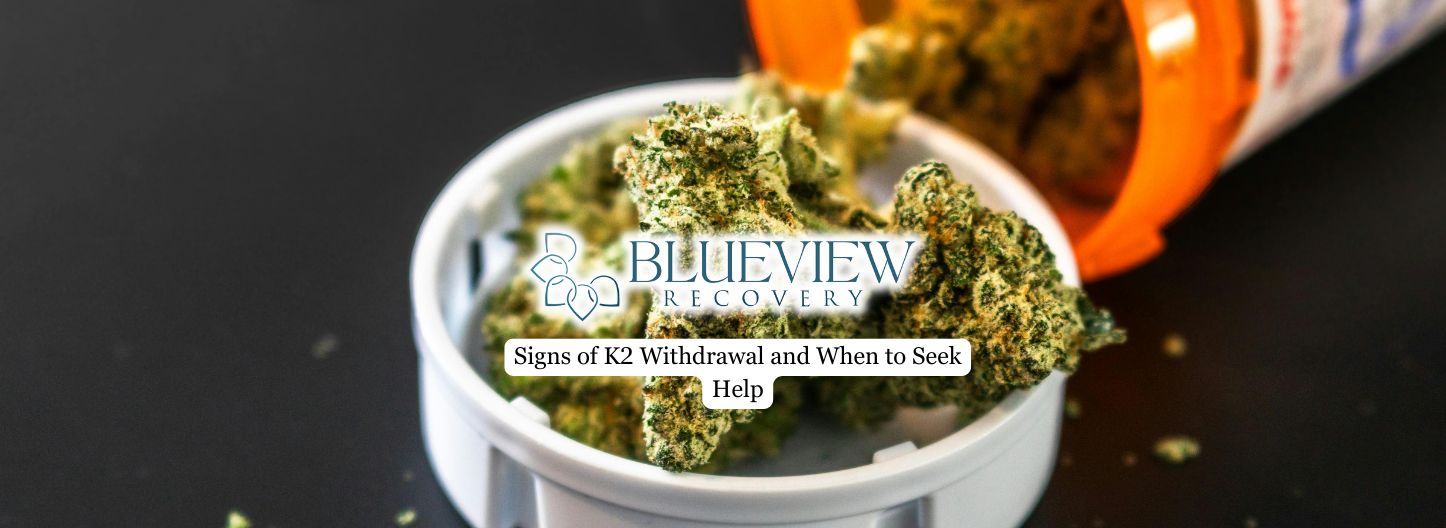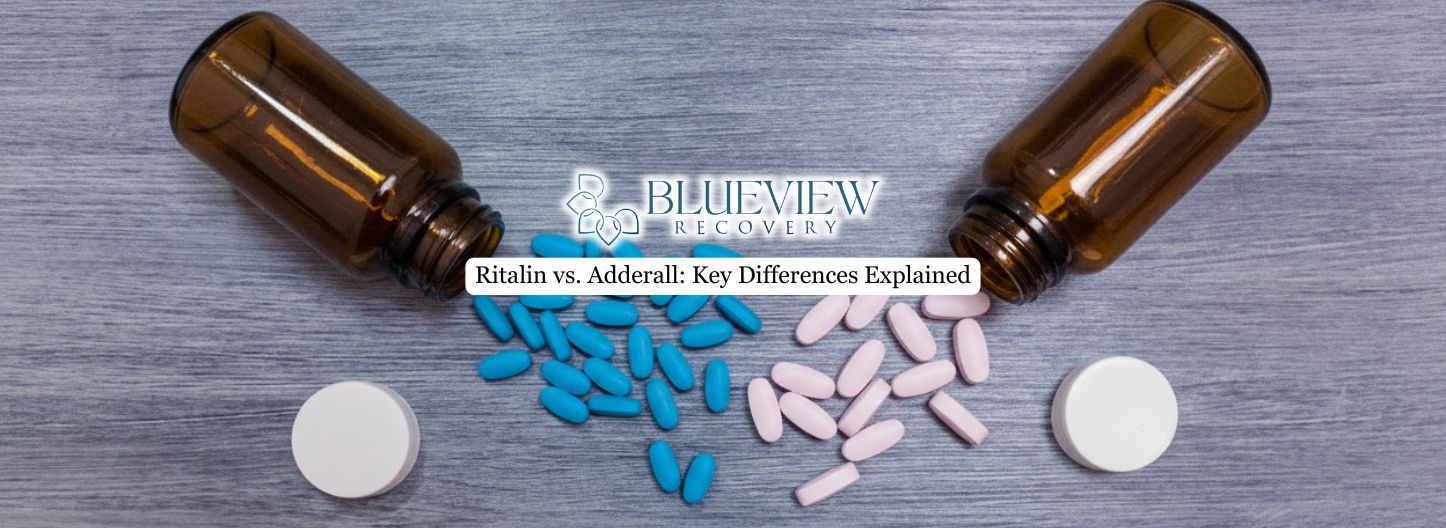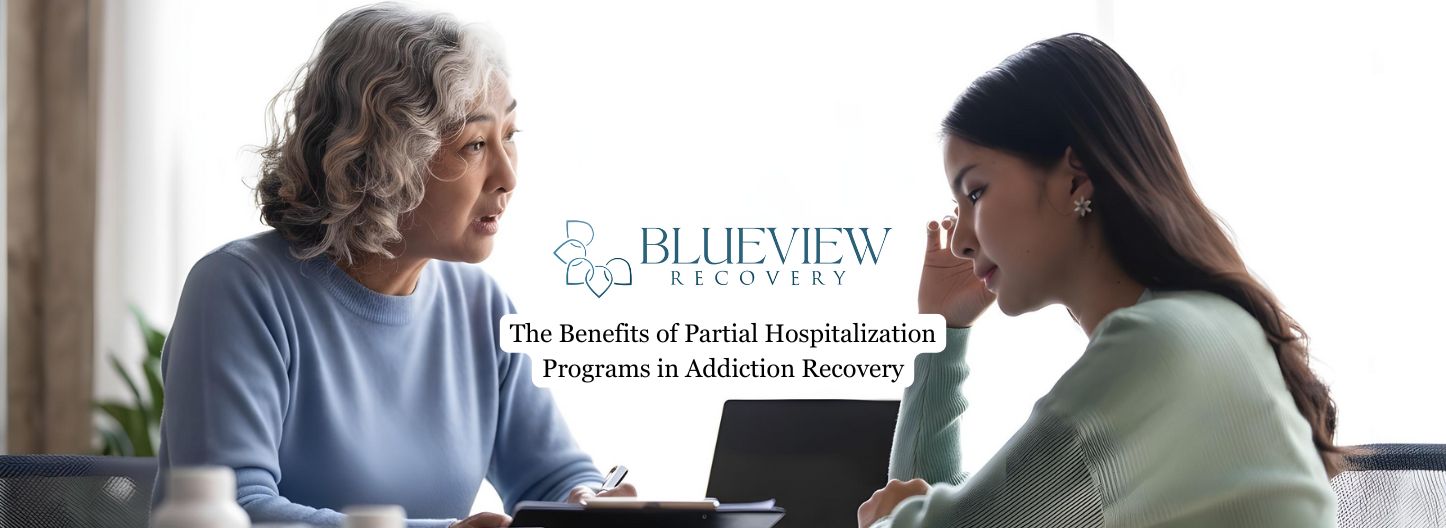Psychoeducational group therapy is gaining recognition as a valuable tool in mental health and recovery settings. More treatment programs are integrating this approach to help individuals build resilience and strengthen personal insight.
This article explores the structure, purpose, and impact of this approach and why it matters for long-term healing.

What Is a Psychoeducational Group?
A psychoeducational group is a form of group therapy that combines information-sharing with emotional support and practical coping strategies. Unlike open-ended support groups, these sessions follow a clear curriculum, focusing on topics like stress management, self-esteem, cognitive distortions, and healthy communication.
Mental health professionals or trained group leaders guide participants through structured group activities and discussions that foster learning and growth.
This intervention is often used alongside other treatment options, including individual therapy or medication.
Psychoeducational group therapy can be tailored to address specific mental health disorders, including bipolar disorder, depression, post-traumatic stress disorder, and co-occurring substance abuse and mental health concerns.
Inside a Psychoeducational Group Therapy Session
A typical psychoeducational group therapy session begins with a check-in, where group members share recent experiences and emotional states. The group leader then introduces the day’s topic, such as coping strategies, signs and symptoms of mental health disorders, or relaxation techniques. The group session may involve presentations, guided exercises, group discussion, and skill-building activities.
Activities and discussions are designed to deepen participants’ understanding of mental health and foster peer support. Group members learn how to recognize triggers, implement stress management tools, and practice healthier emotional responses. The sessions help participants apply the knowledge outside the group, improving their quality of life in real-world settings.
The Benefits of Psychoeducational Group Therapy
The benefits of psychoeducational group therapy extend beyond simple education. These groups offer a platform for participants to feel heard, understood, and supported. Through shared experiences, group members discover they are not alone in their struggles, boosting self-esteem and reducing feelings of isolation.
Group therapy that combines education and support has been shown to improve emotional regulation, build essential coping skills, and reduce relapse rates in substance abuse treatment. For individuals facing substance abuse and mental health challenges, group mental health education provides both insight and practical tools for daily living.
Recent practice guidelines for psychoeducation in psychiatric settings highlight that it helps reduce hospital readmissions, enhances treatment adherence, and fosters stronger relationships among group members and their support systems.
Evidence from Randomized Controlled Trials
The impact of psychoeducational groups is supported by multiple randomized controlled trials (RCTs). Studies demonstrate that participants in psychoeducation group programs show significant improvements in symptom management, stress reduction, and quality of life compared to those in a control group receiving standard care.
For example, one randomized controlled trial focused on individuals with co-occurring bipolar disorder and substance abuse found that participants in psychoeducational therapy reported better emotional stability and fewer hospitalizations. Another RCT assessing mental health education in psychiatric disorders in the general population found enhanced self-esteem and improved understanding of mental health issues.
These findings underline the importance of integrating structured group psychoeducation into broader mental health treatment strategies. The measurable benefits of psychoeducational group therapy make it a valuable component in evidence-based care models.
How Psychoeducational Groups Support Substance Abuse Treatment
In the context of substance abuse treatment, psychoeducational groups are critical in helping individuals manage cravings, recognize patterns, and understand the psychological roots of their behaviors. Therapy in substance abuse recovery often involves unraveling deep-seated emotional pain—psychoeducation supports this by equipping individuals with insight and tools to move forward.
Common group formats in substance abuse and mental health treatment include sessions on relapse prevention, emotional triggers, and coping skills. These discussions and activities create a supportive group setting where participants can reflect, receive feedback from group members, and gain motivation from peers.
Participating in psychoeducational groups also helps individuals reintegrate into daily life with improved communication skills, better self-awareness, and a stronger sense of agency over their recovery journey.

The Role of Group Leaders and Peer Support
A well-trained group leader is central to the success of a psychoeducational group. These mental health professionals not only facilitate learning but also manage the group process, ensure emotional safety, and encourage participation. Group guidelines are established to promote respectful interaction and shared responsibility within the group.
Peer support plays a pivotal role in these sessions as group participants share experiences and challenges, relationships among group members develop, and mutual encouragement and empathy are fostered. This dynamic builds a sense of belonging that enhances treatment engagement and motivation.
Final Thoughts from Blueview Recovery
At Blueview Recovery, we recognize the powerful impact of psychoeducational group therapy on long-term healing. Our treatment programs in King of Prussia integrate structured psychoeducation with evidence-based clinical care to support individuals facing both substance abuse and mental disorders. Through guided group sessions, we equip our clients with the knowledge, tools, and peer support they need to reclaim their quality of life and move forward with confidence.





